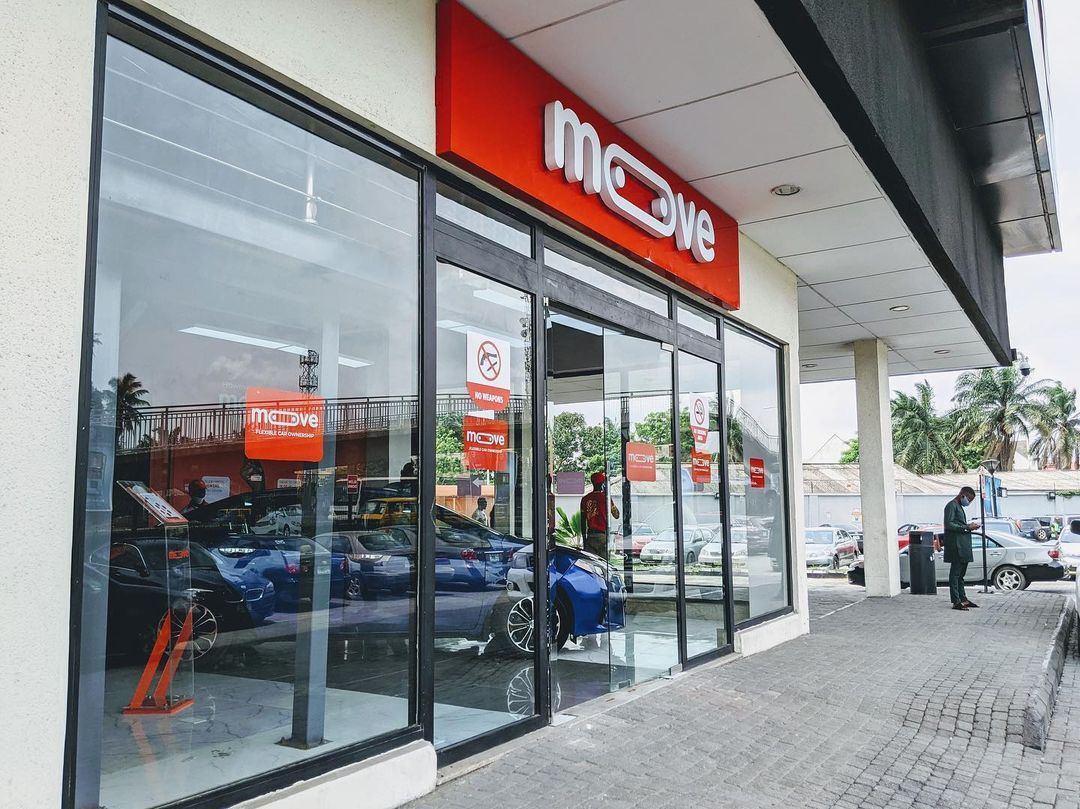- One month following the initial report of Uber’s intention to support Moove in a $100 million funding round, the Nigerian vehicle financing platform has successfully secured a $100 million Series B.
- This move is a significant step forward, as the company plans to expand into new markets.
- Uber led the round, with participation from investors, including sovereign wealth fund Mubadala, The Latest Ventures, AfricInvest, Palm Drive Capital, Triatlum Advisors, and Future Africa.
Consequently, Moove has shifted its headquarters to the UAE due to its partnership with Mubadala.
Uber’s investment in Moove, its first African-founded startup, underscores its commitment to ensuring a reliable supply of drivers for its ride-hailing platform. It validates its business model and strengthens the relationship between the two companies.
This latest infusion of capital elevates Moove’s post-investment valuation to $750 million.
This recent injection of funds follows Moove’s $10 million debt funding from Stride Ventures, earmarked for fortifying its presence in the Indian market and extending its reach to new urban centres such as Delhi, Pune, and Kolkata.
The influx of funding is pivotal for Moove as it primes itself for expansion into untapped markets. Presently operational in 13 cities spanning six countries, including Nigeria, South Africa, Ghana, the United Kingdom, India, and the United Arab Emirates, Moove aims to leverage the fresh capital to expand its revenue-driven vehicle financing platform into 16 markets by the close of 2025.
Launched in 2020 by Jide Odunsi and Ladi Delano, the mobility company offers vehicle financing for transportation business owners across ride-hailing, logistics, mass transit, and instant delivery platforms through alternative credit sourcing technology and productivity data.
Moove adopts a dual strategy for vehicle financing. The mobility fintech procures fleets of vehicles, subsequently selling them to drivers via its platform. Using its software, it offers financing to drivers based on a credit-scoring system, making it easier for them to buy new cars designed for delivery, logistics, and ride-hailing.
Its vehicle offerings range from conventional models like Toyotas and Suzukis to electric vehicles (EVs) like Teslas. Drivers contribute a portion of their weekly earnings towards vehicle payments.
Since its expansion beyond Africa in 2021, Moove has actively incorporated electric vehicles (EVs) into its business strategy. Presently, it operates significant EV fleets in the UAE and the UK. And it plans to introduce more than 20,000 EVs on Uber in India.
The company’s expansion into new markets will prioritise EVs, with plans to establish a globally sustainable and accessible mobility ecosystem. However, there may be delays for African customers in accessing these initiatives.
Initially, Moove aimed to expand its EV product line in Africa by purchasing new EV cars at discounted rates and selling them at lower prices in the region. However, challenges like poor road conditions and erratic power supply may have prompted a shift in strategy.
Now, Moove is considering natural gas vehicles as an alternative approach, particularly in countries like Nigeria.
Delano emphasises this by saying that although the company wants to be at the forefront of electrification initiatives in the United Kingdom and the United Arab Emirates, it also wants to be the first in Nigeria to switch from internal combustion engines to compressed natural gas (CNG) vehicles.
The company is preparing the Nigerian market for this change to mitigate the detrimental effects of rising fuel prices on its customers’ bottom lines.
What’s more, Delano has also disclosed plans to ramp up investments in the UAE and other key markets in Africa, Europe, and Asia. Additionally, Moove plans to expand into Southeast Asia and Latin America shortly.











